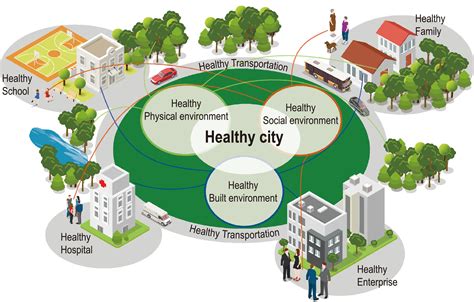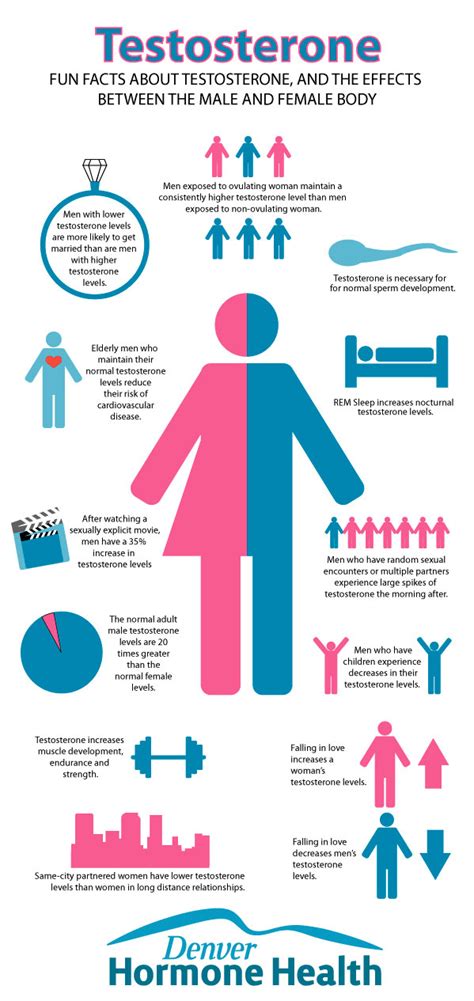Optimize male hormones for peak energy & strength?

The Crucial Role of Male Hormones
For men, a finely tuned hormonal system is the bedrock of vitality, influencing everything from physical strength and energy levels to mental clarity and mood. While often associated with youth, maintaining optimal hormone levels throughout life is key to sustained well-being. Hormones act as messengers, dictating numerous bodily functions, and when they are out of balance, the impact can be profound, leading to fatigue, reduced muscle mass, decreased libido, and a general decline in quality of life.
Understanding how these powerful chemicals work and, more importantly, how to naturally support their production, is a critical step towards unlocking your full potential for peak energy and strength. It’s not about turning back the clock, but rather empowering your body to function at its best, regardless of age.

Key Hormones for Male Vitality
While the male endocrine system is complex, a few hormones stand out as central to energy and strength:
- Testosterone: Often considered the primary male hormone, testosterone is fundamental for muscle growth, bone density, red blood cell production, and maintaining libido. It also plays a significant role in energy levels, mood, and cognitive function. Low testosterone can manifest as fatigue, weight gain, reduced muscle mass, and even depression.
- DHEA (Dehydroepiandrosterone): This is a precursor hormone, meaning the body can convert it into other hormones, including testosterone and estrogen. DHEA levels naturally decline with age, and maintaining healthy levels is associated with improved energy, immune function, and body composition.
- Growth Hormone (GH): Essential for cellular repair, growth, and metabolism, growth hormone contributes to muscle mass, fat metabolism, and overall physical performance. Optimal GH levels are linked to better body composition, improved bone strength, and enhanced recovery from exercise.
Signs Your Hormones Might Be Out of Sync
Recognizing the symptoms of hormonal imbalance is the first step towards addressing them. Common indicators that your hormones might need attention include:
- Persistent fatigue and low energy, even after adequate sleep.
- Difficulty building or maintaining muscle mass, despite consistent exercise.
- Increased body fat, particularly around the abdomen.
- Reduced strength and endurance.
- Decreased libido and sexual performance.
- Mood swings, irritability, or feelings of depression.
- Poor sleep quality or insomnia.
- Reduced mental clarity or ‘brain fog’.

Lifestyle Pillars for Hormonal Optimization
Fortunately, many powerful strategies for optimizing male hormones lie within your daily lifestyle choices. These are not quick fixes, but sustainable habits that foster a healthy hormonal environment.
Dietary Strategies
What you eat forms the foundation of hormone production. Focus on:
- Healthy Fats: Cholesterol is the precursor to steroid hormones like testosterone. Incorporate healthy fats from avocados, nuts, seeds, olive oil, and fatty fish (like salmon) into your diet.
- Adequate Protein: Essential for muscle repair and growth, protein also supports the production of various hormones and neurotransmitters. Aim for lean sources like chicken, fish, eggs, and legumes.
- Complex Carbohydrates: Provide sustained energy and help regulate blood sugar, preventing insulin spikes that can negatively impact hormone balance. Choose whole grains, fruits, and vegetables.
- Micronutrients: Vitamins D, Zinc, and Magnesium are particularly crucial. Vitamin D is directly linked to testosterone production, while Zinc and Magnesium play roles in numerous enzymatic processes involved in hormone synthesis.
- Limit Processed Foods & Sugar: These can lead to inflammation and insulin resistance, disrupting hormonal equilibrium.
Exercise Regimen
The right kind of exercise is a potent hormone booster:
- Strength Training: Lifting weights, especially compound movements (squats, deadlifts, bench presses), significantly stimulates testosterone and growth hormone release.
- High-Intensity Interval Training (HIIT): Short bursts of intense exercise followed by brief recovery periods can also boost growth hormone and testosterone.
- Avoid Overtraining: While exercise is good, excessive or prolonged cardio without adequate recovery can increase cortisol (a stress hormone) and potentially suppress testosterone.
Quality Sleep
Sleep is when your body repairs and regenerates, including hormone synthesis. Aim for 7-9 hours of quality, uninterrupted sleep per night. Poor sleep can drastically reduce testosterone levels and impair growth hormone release.
Stress Management
Chronic stress elevates cortisol, which can directly suppress testosterone production. Incorporate stress-reducing practices like meditation, deep breathing exercises, yoga, spending time in nature, or engaging in hobbies you enjoy.

Targeted Supplementation (Optional)
While diet and lifestyle are primary, certain supplements can support hormone health if deficiencies exist. Always consult with a healthcare professional before starting any new supplement regimen:
- Vitamin D3: Crucial for testosterone production; many individuals are deficient.
- Zinc: Important for testosterone synthesis and immune function.
- Magnesium: Aids in sleep, muscle function, and testosterone levels.
- Ashwagandha: An adaptogen that can help reduce stress (cortisol) and has shown promise in supporting testosterone levels.
Avoiding Endocrine Disruptors
Be mindful of environmental toxins that can mimic or interfere with hormones. These include certain plastics (BPA, phthalates), pesticides, and chemicals in personal care products. Opt for natural alternatives where possible.

When to Seek Professional Guidance
While lifestyle changes can yield significant improvements, it’s essential to consult a doctor if you suspect a more severe hormonal imbalance. A healthcare professional can perform blood tests to accurately assess your hormone levels and rule out underlying medical conditions. They can also discuss potential medical interventions, such as Hormone Replacement Therapy (HRT), if deemed necessary and appropriate for your individual situation.

Conclusion
Optimizing male hormones is not about chasing fleeting trends; it’s about building a robust foundation for enduring energy, strength, and overall vitality. By consistently prioritizing a nutrient-dense diet, effective exercise, restorative sleep, and mindful stress management, men can significantly influence their hormonal landscape. This holistic approach empowers you to feel stronger, more energetic, and more resilient, allowing you to live life at your peak.









